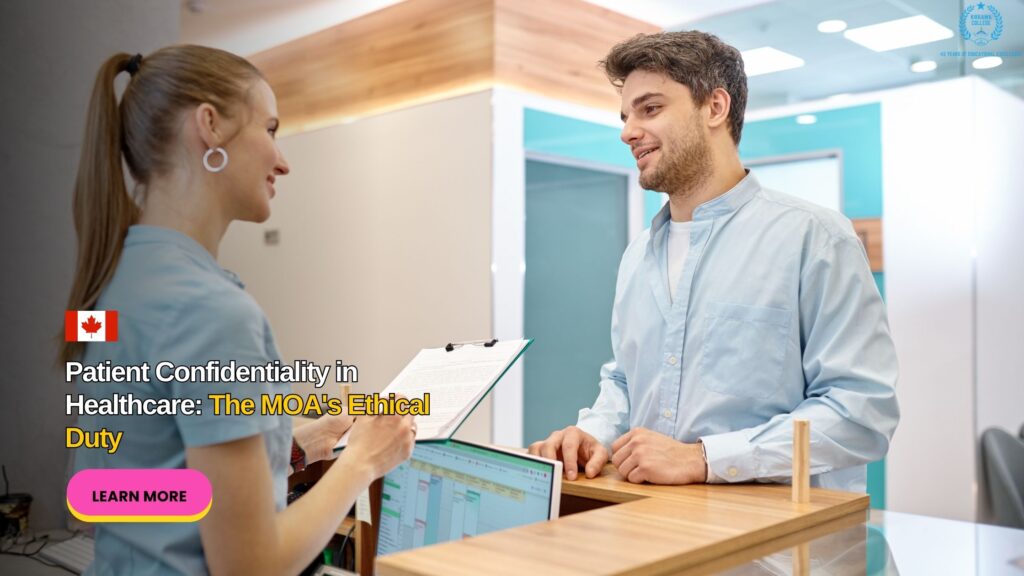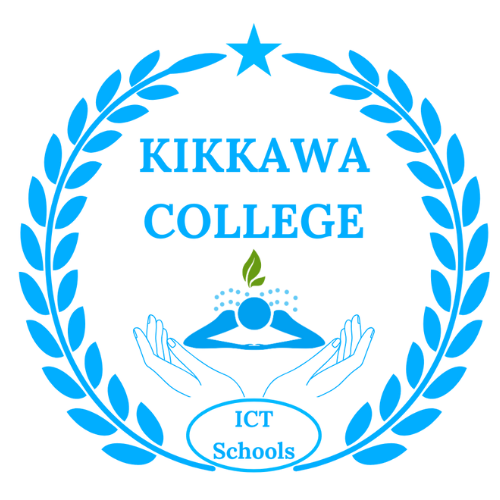Patient Confidentiality: The Cornerstone of Medical Administration
Trust is central to healthcare. Patients share their most personal details with medical professionals, expecting that this information will remain private. For medical office administrators (MOAs), maintaining patient confidentiality is a fundamental responsibility.
Why Confidentiality Matters
Confidentiality builds trust between patients and providers. If patients fear their information may be mishandled, they may withhold important details, affecting their care. Beyond ethics, confidentiality is also a legal requirement under privacy laws like HIPAA in the U.S. and PHIPA in Ontario.
Situations Where MOAs Handle Confidential Information
- Scheduling and Billing – Personal identifiers and insurance details must be safeguarded.
- Medical Records Management – EHR systems require secure access protocols.
- Phone and Email Communication – Administrators must ensure they are speaking with authorized individuals.
- Waiting Room Scenarios – Even casual conversations must avoid disclosing private information.
Skills Needed to Protect Confidentiality
MOAs must combine discretion with technical know-how. They should understand:
- Secure password practices
- Data encryption basics
- How to verify patient identity
- Proper disposal of paper files
Training at ICT Schools
The Medical Office Administration Diploma at ICT Schools emphasizes the ethical and legal responsibilities of handling sensitive information. Students practice real-world scenarios where professionalism and confidentiality are critical.
Patient confidentiality is not optional—it is the foundation of safe and respectful healthcare. Skilled MOAs play a key role in upholding this trust every day.






